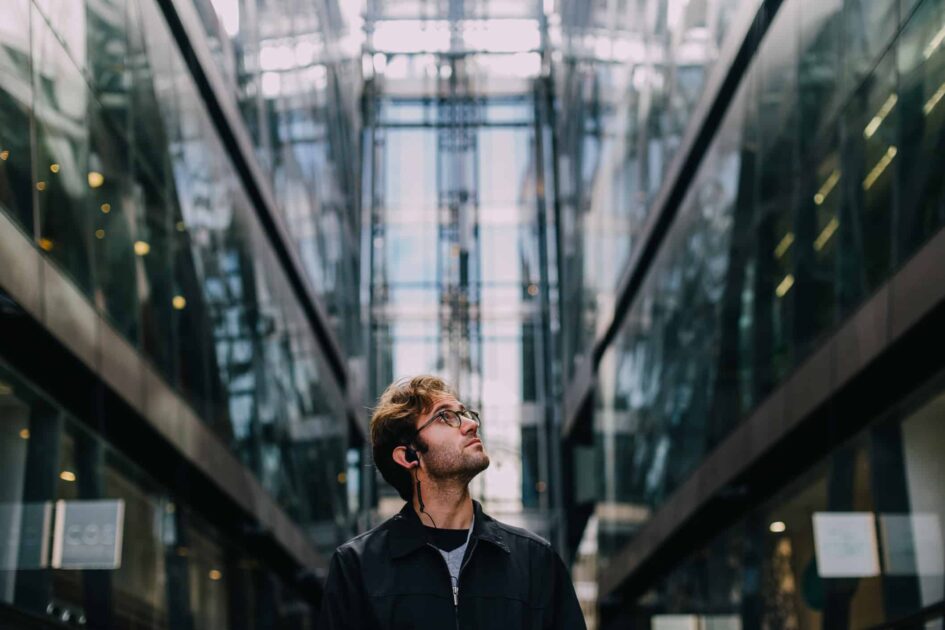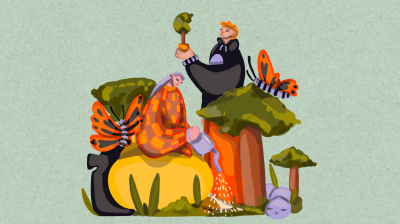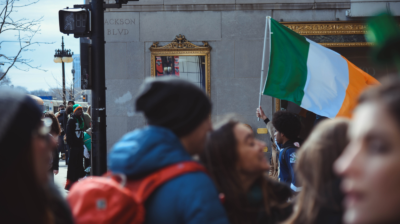Reflecting on the impact of the COVID-19 vaccine
It’s important to take some time to reflect on the impact of the pandemic, the vaccine and future changes

With almost a year passing since the first COVID-19 restrictions came into place, I’ve been trying to gather just some of my thoughts. From the vaccine, to getting back to normal, to some dismissal of people who have died of COVID-19, there’s been a lot going on that I think is important to reflect on.
Rolling out the COVID-19 vaccine
As various types of COVID-19 vaccines are rolled out across Ireland and the world, it is important to remember just how lucky we are. We have been able to pull resources into developing multiple types of vaccines for people. I am truly amazed at the rate of success by scientists when they are properly funded and staffed. Unfortunately, a majority of these vaccines will first be rolled out in wealthier countries. This comes down to many factors including logistics and cost.
Lower income countries may not have the available funds to set aside for purchasing the vaccine. This places some countries, many in Africa and Asia, on a path to begin their vaccination programs in 2023, with everything going well. On top of that, getting the vaccine to rural areas there will prove even more difficult than in the likes of Ireland. Remember that many of the vaccines require freezing. Appropriate freezers may not be widely available nor accessible in these environments.
‘We’re in this together’ – Are we?
For developed countries to repeat that we are “in this together” is far from the truth. How can we be in this together if some countries may not be able to roll out the vaccine until 2023? Yes, it may cost us money to ensure that all countries have access to the vaccine around the same time. Yes, it may be difficult. However, that should not prevent us from doing the right thing and helping out our fellow humans. These are nations we rely on for much more than we realise. Maybe we don’t have an obligation to help other countries, but shouldn’t we?
We aren’t even in this together at home, as billionaires continue to gather wealth while the economy tanks and thousands are unemployed. We aren’t in this together as healthcare professionals work overtime in a crippled health service, while the government fails to enact quick and decisive measures to combat COVID-19 infections.
Valuing everyone’s life
As for the government’s current plan to roll out the vaccine, I think it is about as good as it can be in terms of prioritising who gets the vaccine soonest. It is logical for those most at risk to be protected first, that is just good odds. Unfortunately, some people think younger, healthier people should be prioritised over older, more at-risk people. This kind of thinking has not disappeared, although it did seem more commonplace last year, when the virus first emerged and “only” seemed to be deadly to those chronically ill or old.
Since then, we have found that is far from always the case, with the loss of fit and healthy people to the virus. It is baffling to me that there should be some ranking of life. As if someone old or young is less deserving of their life. Or someone chronically ill or healthy. These factors do not diminish a person’s right to life. A cancer diagnosis does not mean a person loses their right to life. We push on, we try harder, we treat and we cure.
What will ‘normality’ look like?
One thing the vaccine does give people hope for is a return to “normality.” Now that’s definitely something that means very different things to different people. Some things I can’t wait to get back to are visiting my friends all at the same time, not feeling nervous at work or whenever I cough. I want to go to concerts and restaurants and places that I’ve always said I should go to but didn’t.
With that said, normality was not always a welcome experience for people. With a few changes as we return to normal, we can make things even better for people. An easy example is lectures and exams online. This greatly increased the accessibility for students with disabilities for example.
Working from home is another massive area which could reap multiple benefits. Commercial space is freed up so could be used as residential space. Workers don’t have to commute, saving them money but, more importantly to some, (me) time. We’ve seen that the 9-5 is incredibly outdated and we could possibly push for a four day working week in the future.
Appreciating what’s around you
I’m cautiously optimistic that people may also see the lockdowns as an opportunity to appreciate their green spaces, their walkways and cycle paths. Hopefully, people will seek more of them in the future, and protect them. This coincides with the rapid increase in air quality and reduction in noise pollution. I would love to regularly be drowned in birdsong, rather than wonder where all those species have gone to.
I do not want to pretend that COVID has been objectively good. The past year or so has been incredibly difficult for many people. People have lost friends, family members, loved ones. They’ve had opportunities pulled out from under them, financial burdens placed on top of them. If we can just learn some things, at least some positives will have come from this difficult time.






